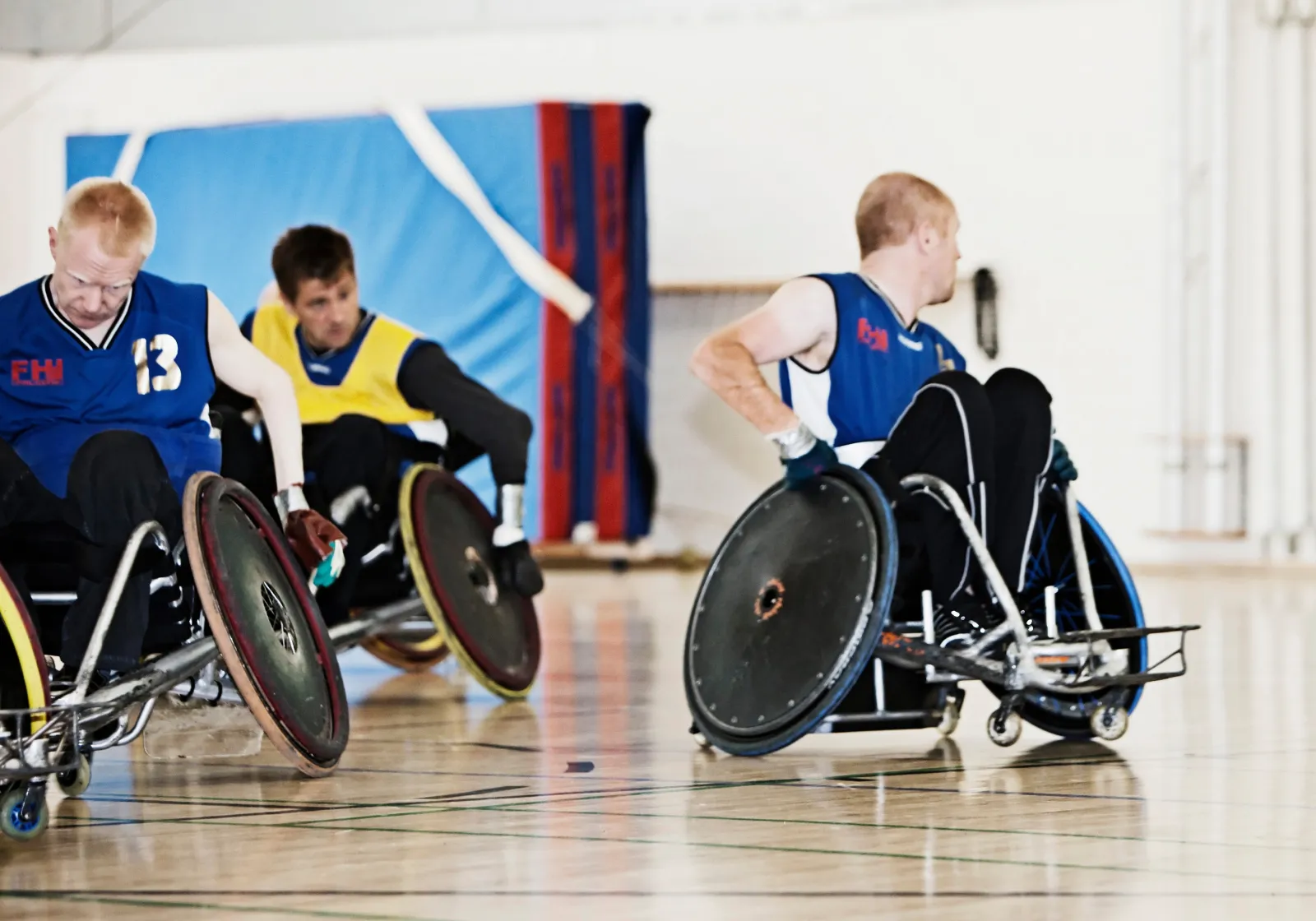Adaptive sports are revolutionizing the world of physical activity by making it accessible and enjoyable for people of all abilities. These sports, designed or modified to meet the needs of individuals with disabilities, are not just about competition—they’re about empowerment, connection, and holistic wellbeing. As more communities embrace adaptive sports, the benefits are becoming clear for both people with and without disabilities. Let’s take a deeper look at how adaptive sports promote physical, mental, and social health.
Physical Benefits: Building Strength and Vitality
One of the most immediate and visible benefits of adaptive sports is improved physical health. Regular participation in adaptive sports helps individuals develop strength, flexibility, balance, and cardiovascular fitness. For people with disabilities, these activities can be especially important, as they often face barriers to traditional forms of exercise. Adaptive sports provide a safe and supportive environment to move, stretch, and challenge the body, which can lead to reduced pain, increased mobility, and better overall health .
Research shows that engaging in adaptive sports can also help prevent secondary health conditions that are more common among people with disabilities, such as obesity, diabetes, and heart disease. For children and adolescents, adaptive sports support healthy growth and development, while for adults, they offer a way to maintain independence and physical function as they age. These benefits are not limited to those with disabilities—able-bodied participants in inclusive adaptive sports also experience improved fitness and health outcomes.
Mental and Emotional Benefits: Boosting Confidence and Resilience
The impact of adaptive sports extends far beyond the physical. Participation in these activities has been shown to significantly enhance mental and emotional wellbeing. Many athletes report a boost in self-esteem and self-confidence after joining adaptive sports programs. In fact, surveys have found that 89% of participants experience improved self-esteem, and 94% feel a greater sense of belonging to a community .
Adaptive sports provide opportunities to set and achieve goals, overcome challenges, and celebrate personal victories. This process fosters resilience and a positive mindset, helping participants cope with stress and adversity in other areas of life. The sense of accomplishment that comes from crossing a finish line, scoring a goal, or simply completing a practice session can be transformative, especially for those who may have faced exclusion or limitations in the past.
Moreover, adaptive sports can play a crucial role in reducing symptoms of depression and anxiety. The structure, routine, and social interaction inherent in sports participation offer a powerful antidote to isolation and negative thinking. For many, adaptive sports become a source of joy, motivation, and hope.
Social Benefits: Fostering Inclusion and Community
Perhaps one of the most profound impacts of adaptive sports is the way they bring people together. These activities foster a sense of community, belonging, and mutual support. Participants form friendships, learn teamwork, and develop communication skills that extend far beyond the playing field . For people with disabilities, adaptive sports can be a gateway to new social circles and support networks, helping to combat feelings of loneliness and isolation.
Inclusive adaptive sports programs also benefit able-bodied participants, who gain a deeper understanding of diversity, empathy, and collaboration. By working together toward common goals, athletes of all abilities learn to appreciate each other’s strengths and challenges. This spirit of inclusion helps break down barriers and stereotypes, creating a more welcoming and supportive environment for everyone .
The social benefits of adaptive sports are not limited to the athletes themselves. Families, friends, and volunteers who get involved often find their own lives enriched by the experience. Community events, competitions, and celebrations become opportunities for connection, celebration, and shared achievement.
A Pathway to Health and Inclusion for All
Adaptive sports are much more than modified games—they are powerful tools for promoting health, happiness, and inclusion. By making physical activity accessible to everyone, adaptive sports help individuals build strength, confidence, and community. Whether you’re an athlete, a volunteer, or a supporter, getting involved in adaptive sports is a step toward a healthier, more inclusive world where everyone has the chance to thrive.
